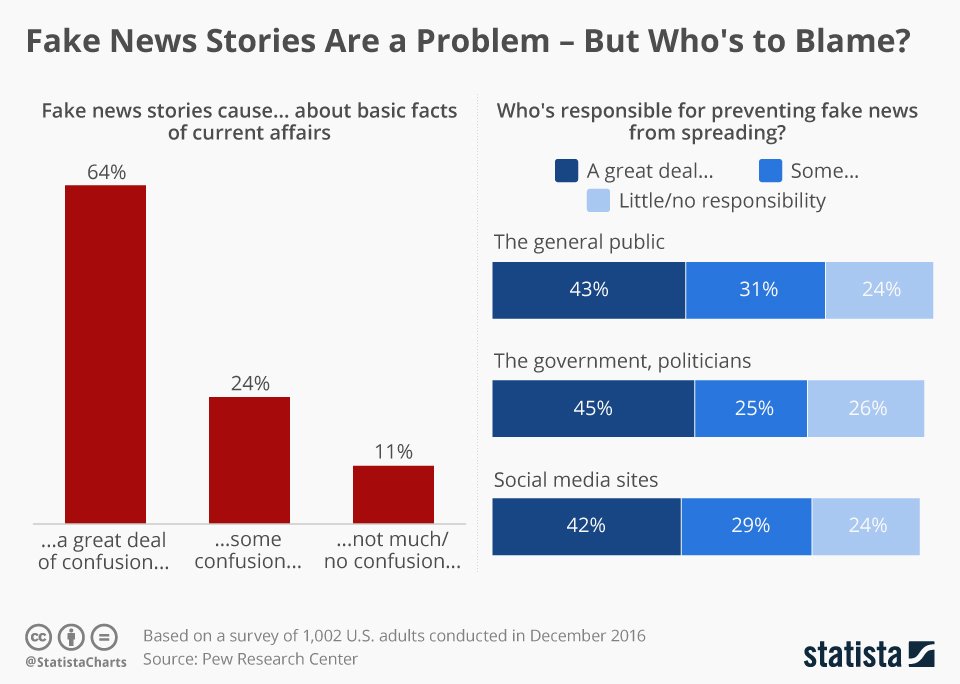
I recently got caught up by an unexpected notification on my all-intelligent smartphone, Google Maps said it needed some human help to keep delivering the best experience to, human users. So I comply with Google’s request, I couldn’t just let Google down. This fact, otherwise apprehensible due to its digital nature, got me by surprise as I never acknowledged that Google’s algorithms need human perspective!
That is because in today’s world ‘the digital’ rules over the majority of our social and career projection. If we are to be someone, we need to grow ourselves throughout the different social media, and we need to use digital tools very well, regardles sof what our career aspirations are.
Connecting people has never been so easy and yet, so impersonal. Internet has taken our aspirational knowledge towards uncountable data throughout the web. It is there, in the infinite web, where all human knowledge lays right now, waiting for Google to index it and then display it at our request, immediately.
The world is happening now and we live it as such. We are somehow dominated by the “now or never” rule, we need information about the world to make us feel part of it at any cost, even if in the process what we access to or received is partial or incomplete.
“Mark Zuckerberg, or really, his News Feed algorithm, is now editor-in-chief of the world’s content”
If that doesn’t sound scary enough, Facebook and its algorithms have taken that world even a bit further, and now we don’t even have to be active on the web to search and find information. In fact, it is the other way around, and the information comes, specifically and highly customized, to us.
That is the post-truth era, a sort of the assumption of truth as “circumstances in which objective facts are less influential in shaping public opinion than appeals to emotion and personal belief.” And for that Facebook has a lot to say.
And as said by WIRED expert Antonio García, “Mark Zuckerberg, or really, his News Feed algorithm, is now editor-in-chief of the world’s content (for better or worse).” Indeed, the usual steps in the journalistic work, which imply looking for recognized sources and verified information made by long-running and well-known Mass Media, has given way to new forms of unproved and wild news, far away from truth-verification standards and feeling-controlled channels.

Because in the post-truth era, we don’t actively look up for information any more, it happens the other way around, and the information that reaches us is being filtered by our interests and personal beliefs. Facebook only shows us what we are going to be open to know.
That is one of the reasons why in the post-truth era, these kind of information is so effective. According to Mr. Antonio García.“What we politely call “fake news”—a formulation that presupposes some antecedent credible truth called “news” that we’re now abandoning—is just the tribal folklore of a certain (and usually opposing) tribe. Our exhausting and constant absorption in a transitory but completely overwhelming media cycle is our own preliterate eternal present,”
Nonetheless, these “fake news” talk about us, and somehow they make us feel part of our community. We share what has been shared with us, and in the process we verify that information, for ourselves and for the next person in the chain. Rumours and speculation suddenly get status of truth just for being acknowledged by us. In the end, it doesn’t even matter whether if its true or not, what matter is that that info speaks about us and we are an active part of it.
The Post-truth era, and quoting Antonio García, “it is a different world, one where the universally acclaimed expert or editor has been replaced by internet-enabled rumor and hearsay arbitrated only by algorithms. There are some dominant media outlets with a claim to primacy, just as every village has a particularly well-informed local gossip, but the capital-T Truth, so beloved by the French encyclopedists, will no longer exist across a broad spectrum of society.”
This is just the beginning of an all-out-complex algorithm-ruled world, but it is enough to glimpse the structural changes that our society as a whole is going through. News are now being sent and received in new forms and therefore users are understanding them differently.
It is important, though, to realize the whole cycle of the information, and how it is sent by someone, looking for specific feedback. If Facebook’s algorithms can’t separate truth from fake, humans, as Google recently reminded me, should be able to.

Hernaldo Turrillo is a writer and author specialised in innovation, AI, DLT, SMEs, trading, investing and new trends in technology and business. He has been working for ztudium group since 2017. He is the editor of openbusinesscouncil.org, tradersdna.com, hedgethink.com, and writes regularly for intelligenthq.com, socialmediacouncil.eu. Hernaldo was born in Spain and finally settled in London, United Kingdom, after a few years of personal growth. Hernaldo finished his Journalism bachelor degree in the University of Seville, Spain, and began working as reporter in the newspaper, Europa Sur, writing about Politics and Society. He also worked as community manager and marketing advisor in Los Barrios, Spain. Innovation, technology, politics and economy are his main interests, with special focus on new trends and ethical projects. He enjoys finding himself getting lost in words, explaining what he understands from the world and helping others. Besides a journalist, he is also a thinker and proactive in digital transformation strategies. Knowledge and ideas have no limits.












